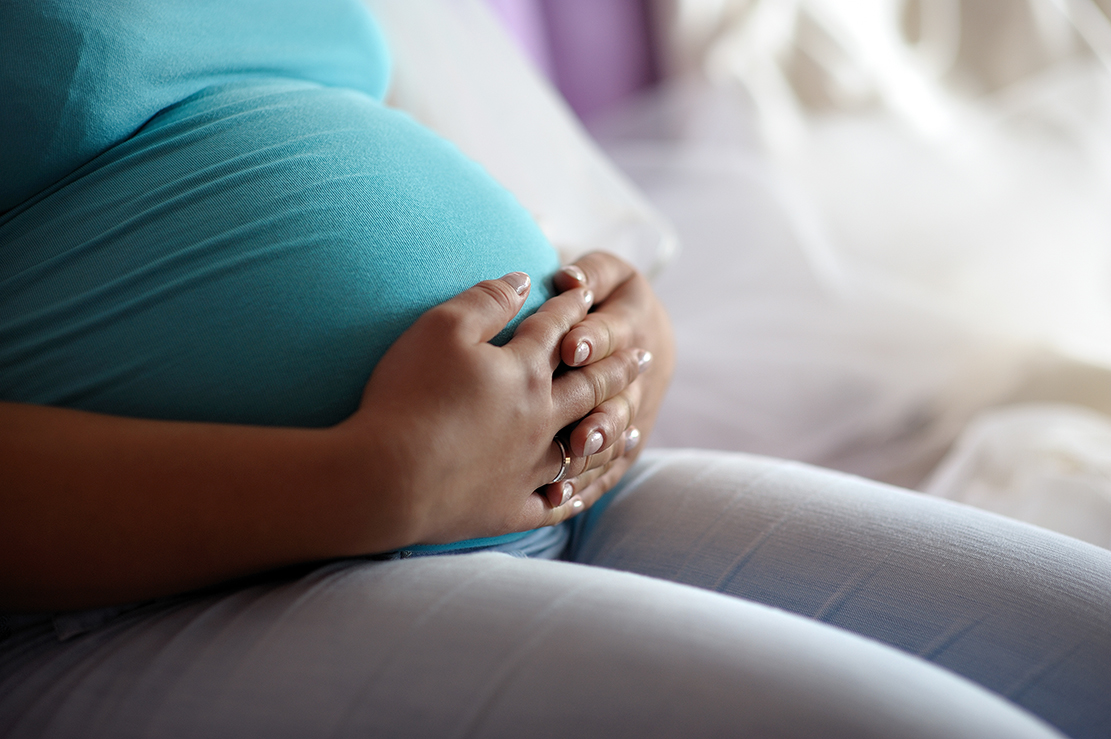Substance Use Disorder (SUD)/Opioid Use Disorder (OUD)
“Accidental poisonings were the leading cause of maternal deaths in 2018 and accounted for over 50% of all maternal deaths. This category includes drug-related overdose deaths. In 2013, only 19% of pregnancy-associated deaths were due to accidental poisonings. That over half of all deaths in 2018 fell into this category reflects, in part, the continuing devastating impact of Pennsylvania’s opioid epidemic on both individuals and families.” (source: PA MMRC)
| Top Causes of Death for All Maternal Deaths (Excluding Philadelphia County) in 2018 (N=85) | ||
| Cause of Death | Number of Deaths | Overall Percentage |
| Accidental Poisoning | 43 | 51% |
| Other Direct Obsetric Deaths | 9 | 11% |
| Transportation Accidents | 8 | 9% |
| Assault | 7 | 8% |
| Other Pregnancy Related | 4 | 5% |
| Intentional Self-Harm | 4 | 5% |
• 70-84% of pregnant women with Opioid Use Disorder (OUD) do not receive a post-partum visit in PA
Kelley, D, 2018 CMS Quality Conference

